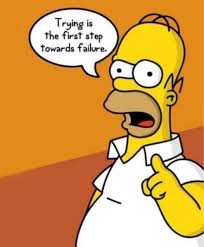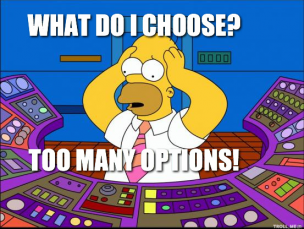How do we manage human reliability?
This is a tricky one! How do we stop humans from making mistakes? The answer is we can’t. We can only strive to minimise those errors.
Belinda and I recently attended the DMP’s forum on Human and Organisational Factors.
Below are the 5 principles of human performance.
1. People are fallible and even the best people make mistakes.
Yes, people do make mistakes. There are physical errors, not doing what you are meant to do. Mental or cognitive errors – where you do the wrong thing but believe you’re doing the correct thing, and then there are intentional errors, knowingly taking short cuts or not following the rules or procedures put in place.
2. Error-likely situations are predictable, manageable and preventable
Simply take time before starting a job to become aware of the immediate work environment, to detect conditions unanticipated by work planning and the pre-job briefing. Often, procedures do not contain important information related to the demands placed on the user, especially at critical steps. A brief review of the task allows the individual time to detect abnormalities and hazards. If abnormalities, or error-precursors remain undetected they usually make performance either more difficult or contribute to injuries, errors and possibly, events.

At risk behaviours to avoid:
- Hurrying
- Thinking the job is “routine” or “simple”
- Believing nothing bad can happen
- Not talking about precautions with co-workers
- Not raising “gut feel” concerns with co-workers or supervisor
3. Individual behaviour is influenced by organisational processes and values
We often look at human errors and put blame on people. Human reliability (or errors) shouldn’t be about blame, but about learning from mistakes. Was the person trained correctly, were procedures followed, can we make the procedure more user friendly, are we consulting with the people doing the job/task and asking them how it can be improved? What can we, as a company do to prevent the mistake from happening again?
4. People achieve high level of performance because of the encouragement and reinforcement received by leaders, peers and subordinates
What message are you sending? Do you have a blame culture? Are you encouraging the people within your company to speak up, offer their input and look at better ways to do tasks that will help prevent mistakes? Who is leading by example? Are you encouraging a no blame culture? Are you being pro-active OR reactive?

5. Events can be avoided through an understanding of the reasons mistakes occur, and the application of the lessons learned from past mistakes.
As mentioned in principle number 3, how are we learning from past mistakes? If we were to do a human reliability assessment, we could ask the following questions.
- Consider the main site hazards
- Identify human activities that affect or interact with the hazards
- Outline the key steps in these activities
- Identify potential human failures in these steps.
Often when we do a risk assessment on a task we are not considering the human failure component, by considering the human failure component we are being pro-active and seeking to understand the potential of human error.
